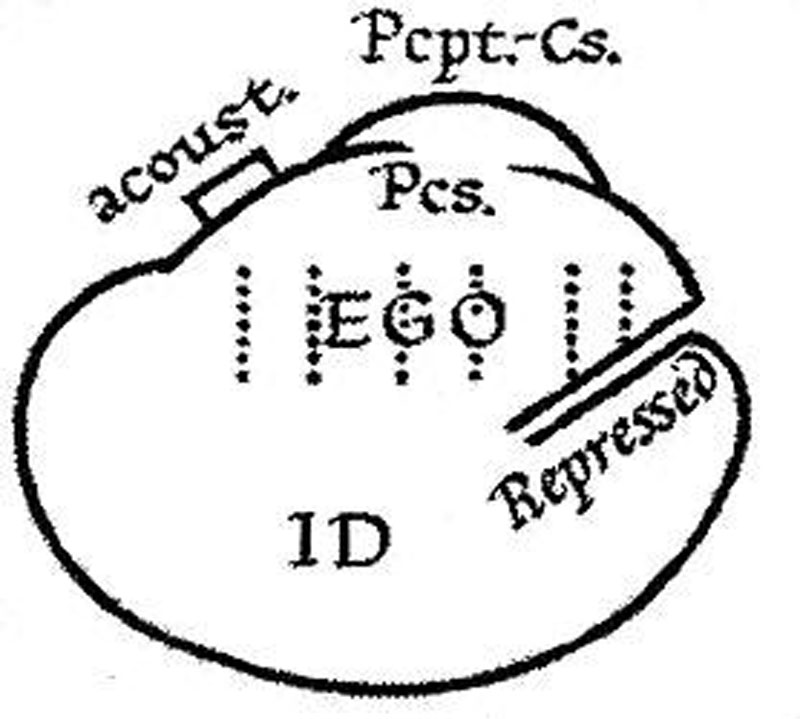Defense Mechanisms
- A defense mechanism is a coping technique that reduces anxiety arising from unacceptable or potentially harmful impulses. They are unconscious and are not to be confused with conscious coping strategies.
- Neurosis is a class of functional mental disorders involving distress but neither delusions nor hallucinations.
- Repression is the psychological attempt made by an individual to repel one's own desires and impulses toward pleasurable instincts by excluding the desire from one's consciousness and holding or subduing it in the unconscious.
- Denial is used for a psychological defense mechanism in which a person is faced with a fact that is too uncomfortable to accept and rejects it instead, insisting that it is not true despite what may be overwhelming evidence.
- Regression is a defense mechanism leading to the temporary or long-term reversion of the ego to an earlier stage of development rather than handling unacceptable impulses in a more adult way.
- Reaction-formation is a defense mechanism in which emotions and impulses which are anxiety-producing or perceived to be unacceptable are mastered by exaggeration of the directly opposing tendency.
- Projection, also known as blame shifting, is a defense mechanism in which humans defend themselves against unpleasant impulses by denying their existence in themselves, while attributing them to others.
- Displacement is an unconscious defense mechanism whereby the mind substitutes either a new aim or a new object for goals felt in their original form to be dangerous or unacceptable.
- Rationalization is a defense mechanism in which controversial behaviors or feelings are justified and explained in a seemingly rational or logical manner to avoid the true explanation.
- Intellectualization is a defense mechanism where reasoning is used to block confrontation with an unconscious conflict and its associated emotional stress where thinking is used to avoid feeling.
- Sublimation is a mature type of defense mechanism where socially unacceptable impulses or idealizations are unconsciously transformed into socially acceptable actions or behavior, possibly resulting in a long-term conversion of the initial impulse.
- Stockholm syndrome is a psychological phenomenon in which hostages express empathy and sympathy and have positive feelings toward their captors, sometimes to the point of defending and identifying with the captors.

'The ego is not sharply separated from the id; its lower portion merges into it.... But the repressed merges into the id as well, and is merely a part of it. The repressed is only cut off sharply from the ego by the resistances of repression; it can communicate with the ego through the id.' (Sigmund Freud, 1923)